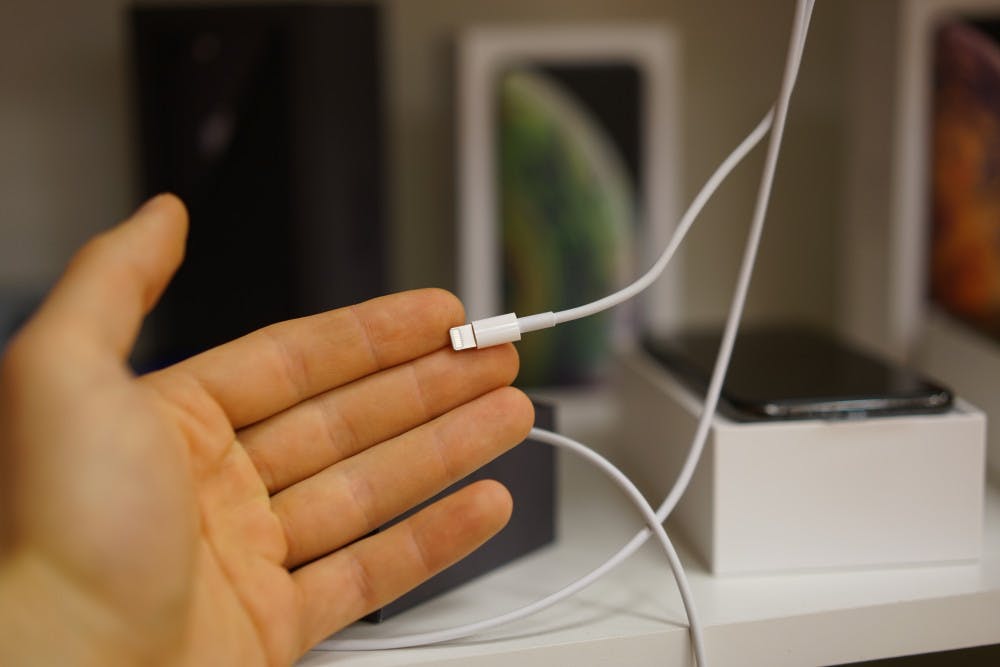By Alexa D’Aiello
Correspondent
Since the first smartphone was created, the world of technology has expanded into a whole new realm. iPhone applications have changed the way we live our everyday lives. From banking apps to Instagram and Twitter, this technology has become an integral part of our daily routines.
When I first wake up, I go through my social media like I’m reading the morning paper. At night, I follow the same routine, and I always check these apps throughout the day, too.
There is not a day that goes by that I don’t check my phone or scroll through social media. Even if I am checking my phone for a school-related purpose, like the Canvas app, this often leads to getting distracted by checking my texts or Instagram feed.
When it comes time to writing an essay, like the majority of students, I have the option to use an iPhone app too, though I don’t use one. Although there are apps that can be used for essay writing purposes such as FreeMind and Manuscript, which try to make scholarly writing easier and more intuitive, it is hard to stay as productive on a smartphone app than on a computer or laptop. It is hard to accept that the majority of tasks that are typically completed on a computer are now being offered through apps on smartphones.
Apps were created to be useful for people on-the-go, and although they make some tasks easier, they mostly tend to distract from the work we really have to do. Instead of checking homework on the Canvas app, it’s much more tempting to answer a Snapchat from a friend.
Gaming apps also tend to be addicting and end up wasting a significant amount of time. Angry Birds and Candy Crush are two examples of apps that pull players in and prove to be time consuming.
Despite the distractions caused by many of these apps, some are able to help us in the ways they are supposed to. Without the clock app, many of us, including myself, would sleep through our morning classes. Even using something as simple as the calculator app to double check a math problem is a simple yet significant technological perk. These basic apps tend to be the most helpful and least distracting.
Most apps may not be a helpful tool for getting work done, but they are now a part of most people’s everyday lives, so we must learn how to manage them. They tend to make certain tasks easier, even if they can sometimes also be a large distraction. It is up to the consumer to navigate through the technological world and decide which apps are doing them more harm than good.
Students share opinions around campus
Are smart phone applications helpful or distracting?

"They are helpful in small doses but overuse can lead to unnecessary distractions."

"Most phone applications are social media based, which becomes a huge distraction."







